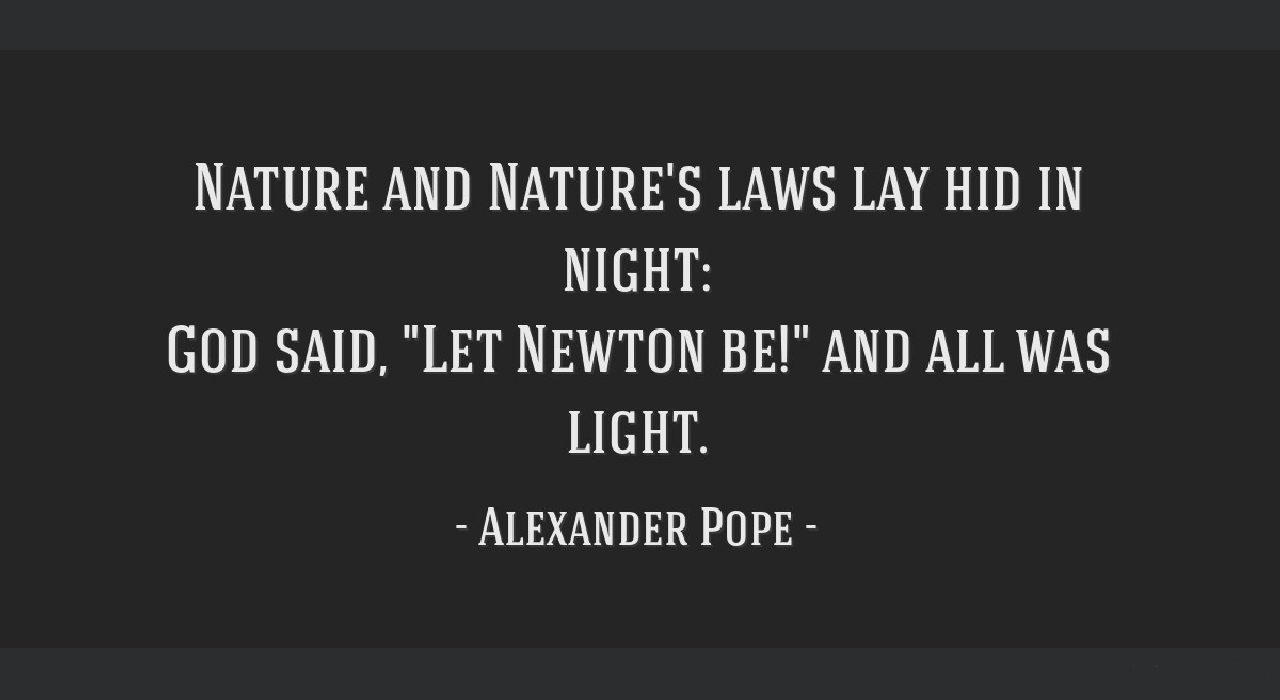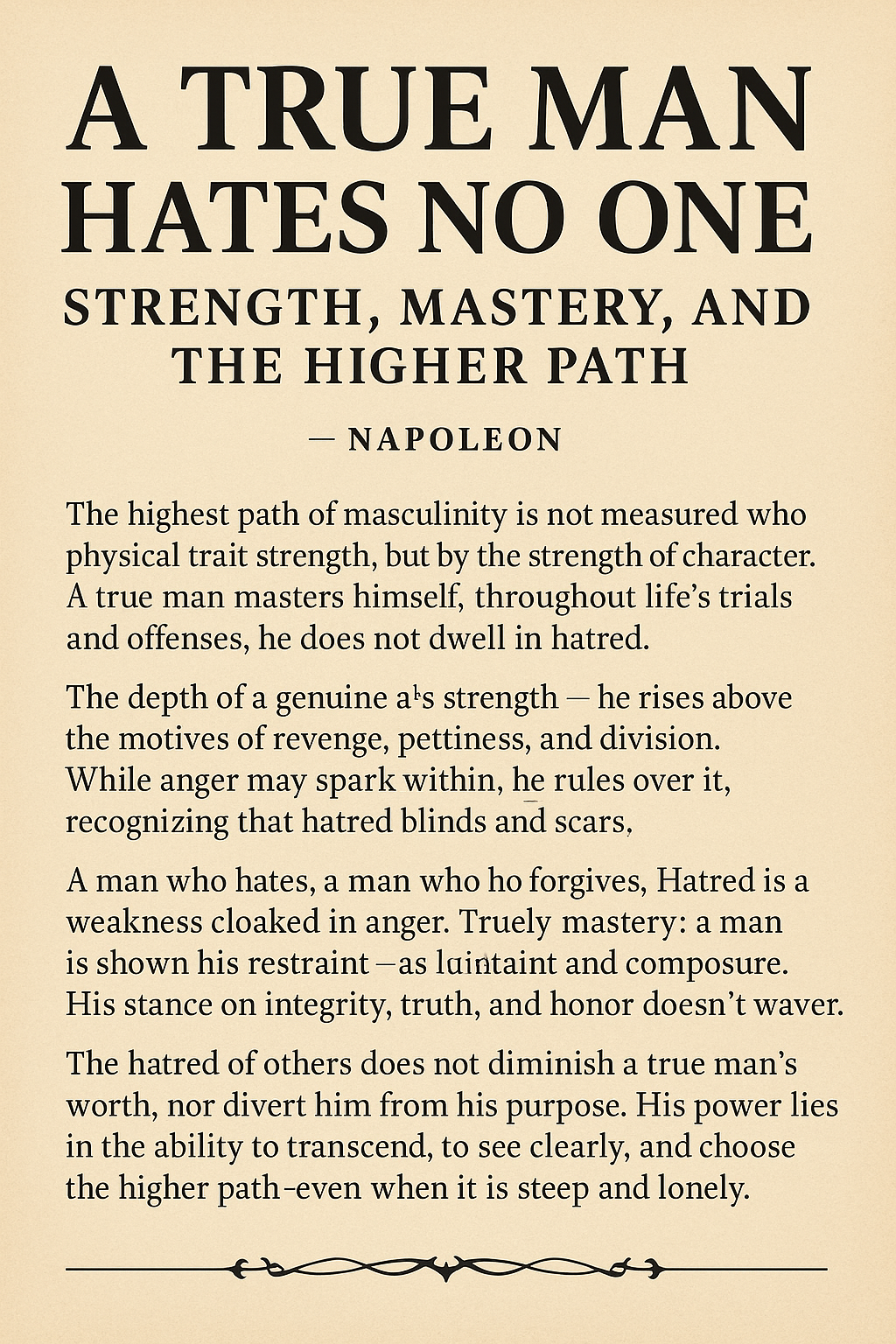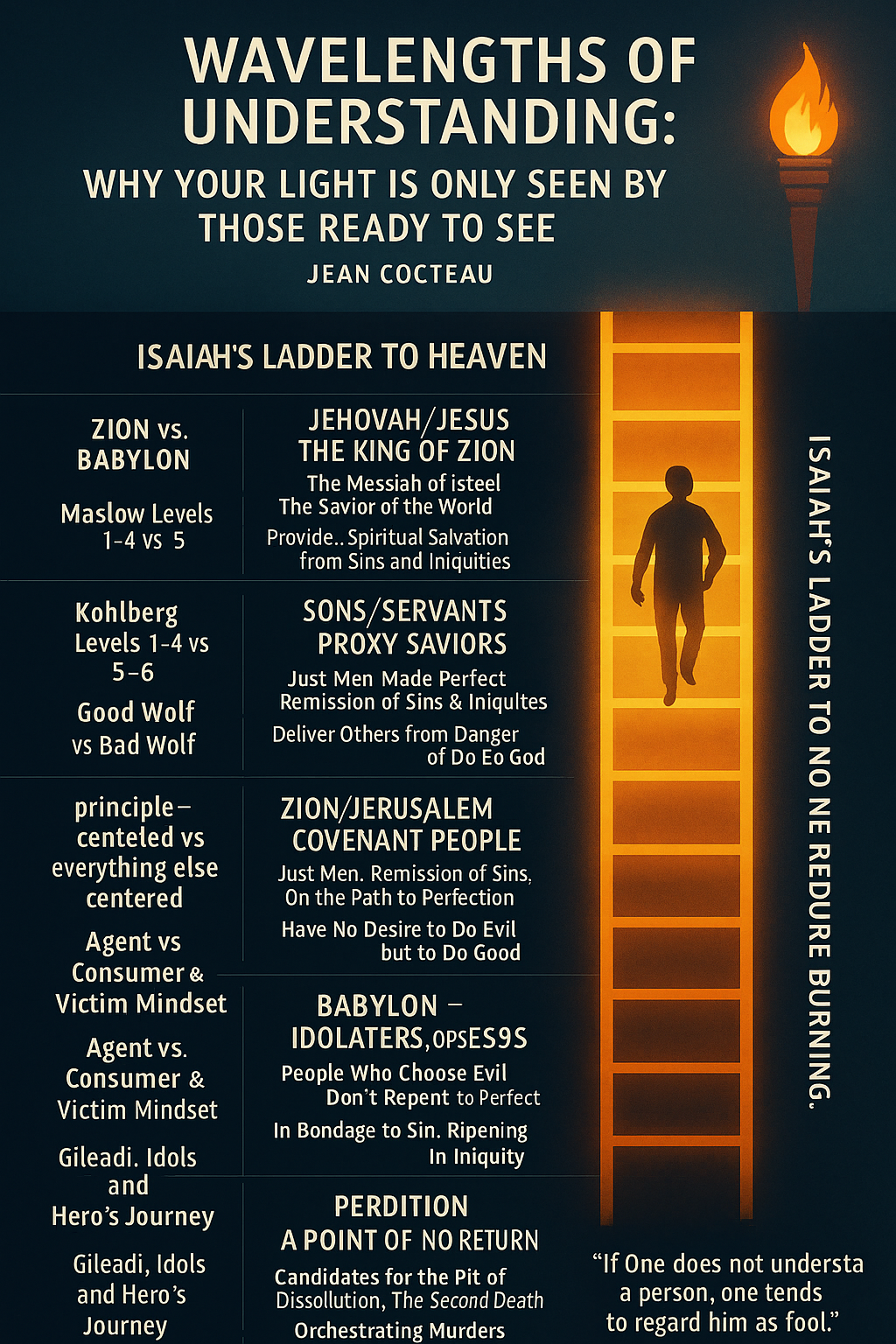John Locke, like many of his Enlightenment contemporaries, was a believer in God. Whenever the Enlightenment era is discussed today, we often eschew this aspect of the Enlightenment. By and large, this moment in history was born out of a desire to see science and religion work in tandem, though today we tend to act as if science and religion are incompatible. But this isn’t so. John Locke not only believed but believed that religious tolerance was necessary for the growth of the individual and necessary for the State to have the consent of the governed. It was his observation that when the government tried to impose a religion of the State, the State would be unable to keep the consent of the governed, but that when the government allowed people to form their own religious views, it helped establish a healthier relationship between the government and the governed. He wrote, “Neither pagan, nor Mahumetan (Muslim), nor Jew, ought to be excluded from the civil rights of the commonwealth, because of his religion.” (pp. 58–59) Though Modern Liberals (different from classical liberals) complain his tolerance excluded Catholics and Atheists, he did insist that the State respect the religious liberties of all, but also that the State should not be a secular one.
Locke argued that the New Testament did not advocate that force should be used to impose religious beliefs, that people should be brought to God by their own volition, but that a state completely devoid of some degree of religious values would be one prone to moral decay, and tyranny. Locke believed that having a basic religious belief was necessary for the State to maintain a relationship with objective morality, which was necessary for good governance. In his Second Treatise, he wrote, “The state of nature has a law of nature to govern it, which obliges everyone: and reason, which is that law, teaches all mankind, who will but consult it, that being all equal and independent, no one ought to harm another in his life, health, liberty, or possessions… (and) when his own preservation comes not in competition, ought he, as much as he can, to preserve the rest of mankind, and may not, unless it be to do justice on an offender, take away, or impair the life, or what tends to the preservation of the life, the liberty, health, limb, or goods of another.” Objective Morality states that the rights of man are given from God, and all men belong to God. Therefore, the State must not cause injury to the person, the person must not cause damage to each other or themselves.
And it is here that we may infer that there is a rational reason for placing rights in the hands of God. For without God there is no objective morality, and if there is no objective morality, there is no basis for individual rights. For what the State gives, the State may take, and since no one can speak for God, your rights cannot be taken by man, therefore becoming Inalienable.
Locke’s belief in God was foundational to his entire philosophy. All men and all creation belong to God, and so it follows that we must not harm someone else’s property, and this means we must not harm humanity. This would mean that the right to life, liberty and property must be respected. A secular state, lacking this foundation, cannot help but proclaim its own power over rights, rejecting God and with Him objective morality, thus becoming tyrannical.
That does not suggest that Locke supported a state religion, he did not, and he did advocate for a separation between the Church and the State because religion is a voluntary affiliation, whereas the State is not, and he feared what zealots with power may do with it, “And the zealots hardly have patience to refrain from violence and rapine, so long till the cause be heard, and the poor man be, according to form, condemned to the loss of liberty, goods or life. Oh that our ecclesiastical orators, of every sect, would apply themselves, with all the strength of the argument that they are able, to the confounding of men’s errors! But let them spare their persons. Let them not supply their want of reasons with the instruments of force, which belong to another jurisdiction, and do ill become a churchman’s hands. Let them not call in the magistrate’s authority to the aid of their eloquence, or learning; lest perhaps, whilst they pretend only love for the truth, this their intemperate zeal, breathing nothing but fire and sword, betray their ambition, and show that what they desire is temporal dominion.” While it can be said that Locke, and later the founders, intended was to prevent one denomination or the other from obtaining absolute power. It cannot be argued that Locke wished to shield the State from the influence of objective morality. Rather, objective morality was critical to good governance, and God is the source of that morality.
God is the source of Objective Morality. Objective Morality is how we may know our natural rights and respect for those natural rights are critically important for government. Without them, we are subject to the whims of men.







